SEO Isn’t Dead — It’s Evolving
Did you know that, according to Gartner, Inc., traditional search engine volume will drop 25% by 2026, and search marketing will lose market share to AI chatbots and other virtual agents?
Over the past decades, it has become a fact that if you master SEO by optimizing for Google’s algorithms, chasing backlinks, and perfecting keywords, you are winning search rankings.
But in today’s AI-driven landscape, that’s no longer enough. Conducting a comprehensive SEO audit is now essential—not just to fix technical issues, but to evaluate how well your content aligns with both search engines and AI-powered platforms.
Cut to today, the internet is evolving, and so are the ways to find information. The reason is artificial intelligence (AI), which is enhancing search and redefining it.
But, wait, don’t panic because SEO isn’t dying, it is evolving.
How, you must ask! SEO is evolving using a new layer called Generative Engine Optimization (GEO), and it is not going to replace SEO but to work along with it.
This blog unpacks:
- What is GEO?
- How GEO vs SEO compares
- Why GEO SEO will define future visibility
- The top generative engine optimization strategies and tools for success
What Is GEO (Generative Engine Optimization)?

GEO is a practice of optimizing your website’s content for AI engines to get referred to, cited, and included in answers generated.
This content is optimized by AI engines like:
- Google’s AI Overviews (SGE)
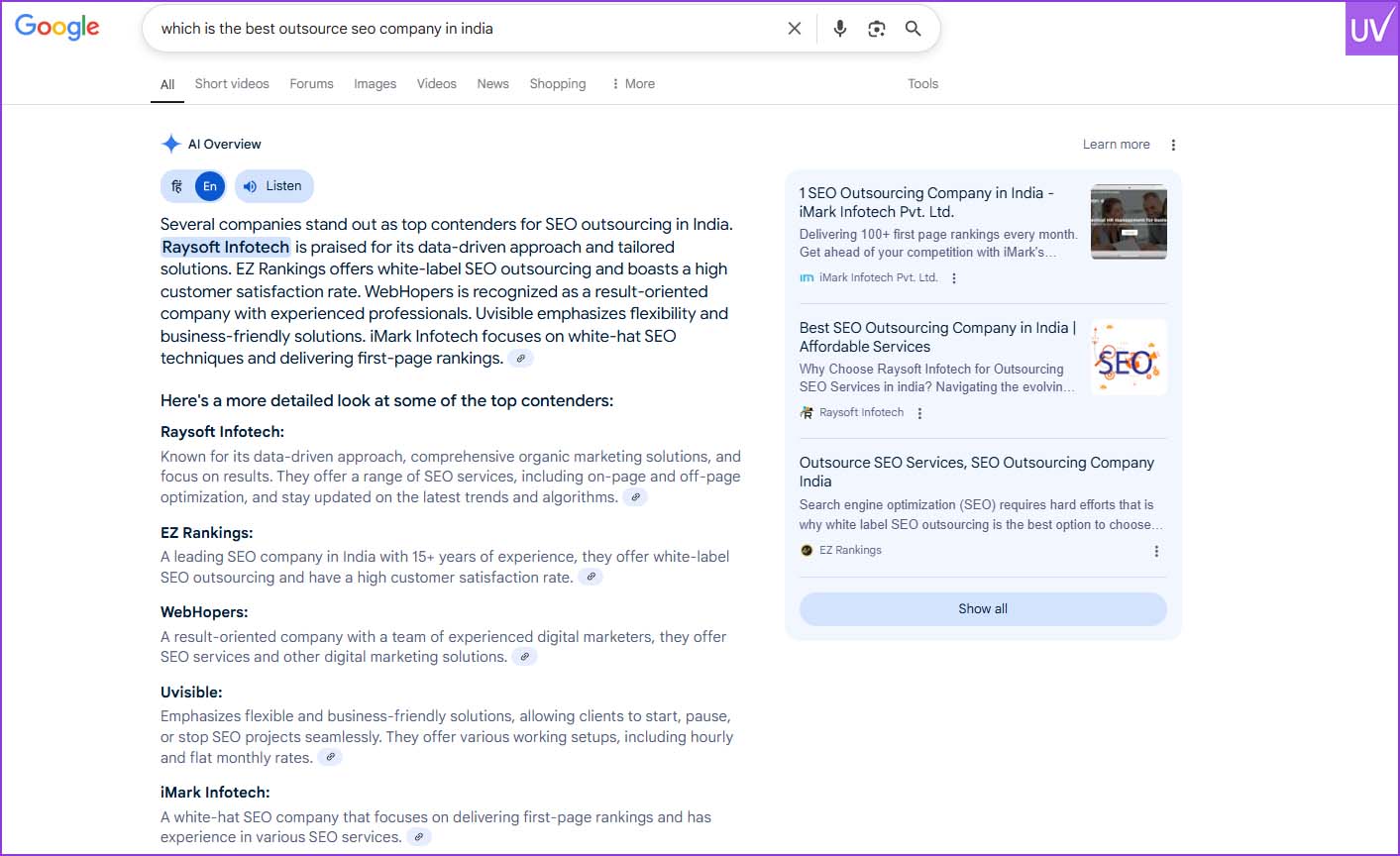
- OpenAI’s ChatGPT Browsing Mode
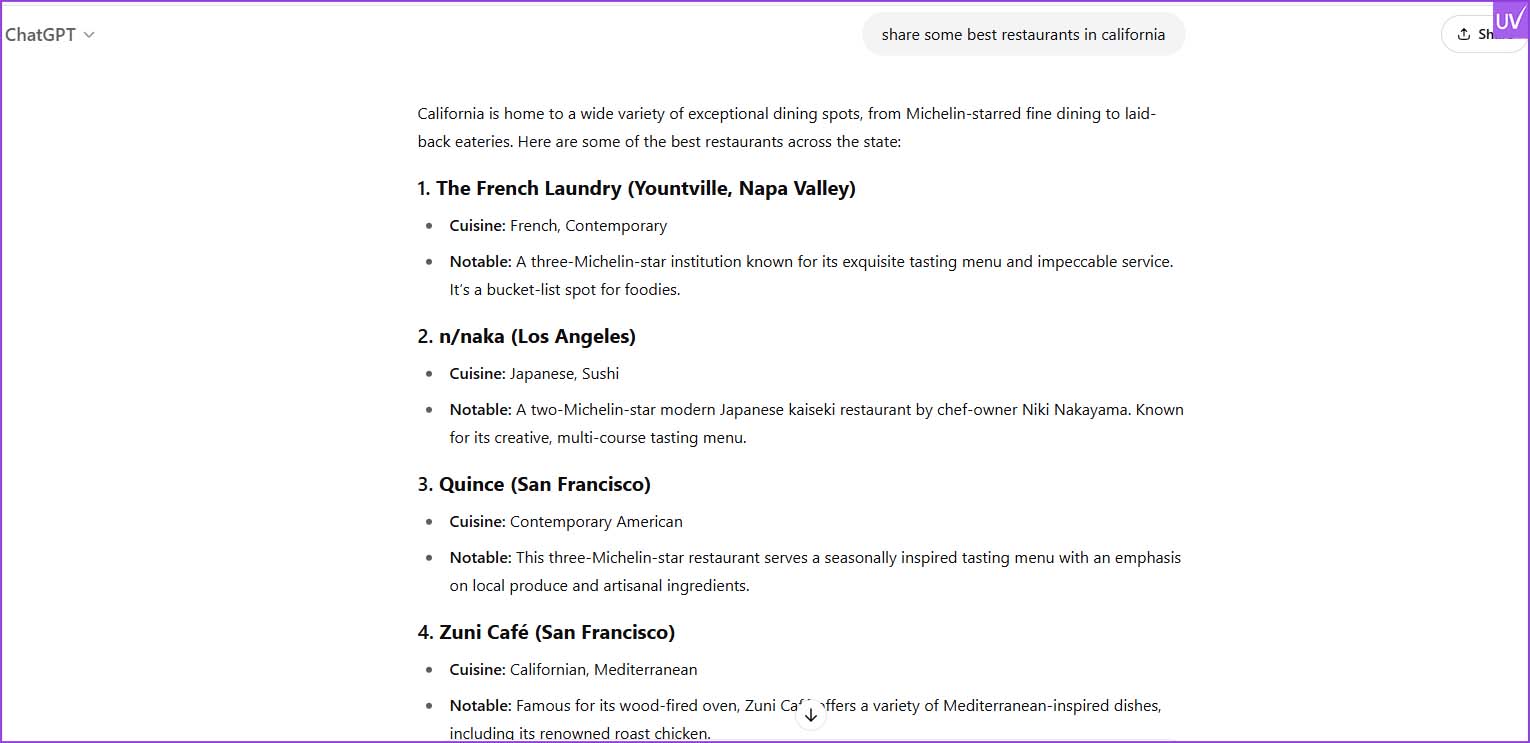
- Bing’s Copilot in Edge

- Perplexity AI and others

Take the e-commerce industry as an example. Previously, a user would search “best skin care product for dry skin” on Google and receive a list of blog posts to browse through.
Today, they ask AI tools the same question and get direct product recommendations — bypassing traditional listings. This is where an ecommerce SEO agency can make a real impact by understanding the GEO and SEO both.
When the work of traditional SEO is to optimize websites for ranked web listings, the GEO aims to train AI models to build an authoritative and relevant image of your content to get it directly in their outputs.
The main difference between them is that SEO aims to get higher rankings, whereas GEO aims to be the source that AI pulls into its answers.
But let me repeat myself again, GEO isn’t a replacement — it’s an extension of SEO.
SEO is like building your store on the main road, and GEO is recommended by every local guide and AI assistant in town.
GEO vs. SEO: What’s the Real Difference?

Here’s a comparison to understand where each strategy stands:
| Aspect | SEO (Search Engine Optimization) | GEO (Generative Engine Optimization) |
| Purpose | Rank web pages in SERPs | Be cited by AI-generated responses |
| Target Platform | Search engines like Google, Bing | AI Tools- ChatGPT, Google SGE, and Perplexity |
| User Intent | Click through to visit the pages | Get direct answers without clicking |
| Optimization Focus | Keywords, backlinks, site speed | Depth, clarity, and semantic relevance |
| Format Preference | Well-structured long or medium-form content | Concise, factual, entity-rich information |
| Measurement Metrics | Rankings, traffic, click-through rates | AI mentions, zero-click impact, and AI prompt tests |
| Content Discovery | Crawling, indexing, sitemap optimization | AI model training, citation recognition |
| Lifecycle | Ongoing updates for algorithm changes | Continuous updates as LLMs evolve |
| Foundation | Core digital visibility | Emerging layer that builds on SEO |
Bottom line:
GEO complements SEO as a solid SEO is the only way to go for effective GEO performance.
The Changing Search Landscape: Why GEO Matters Now
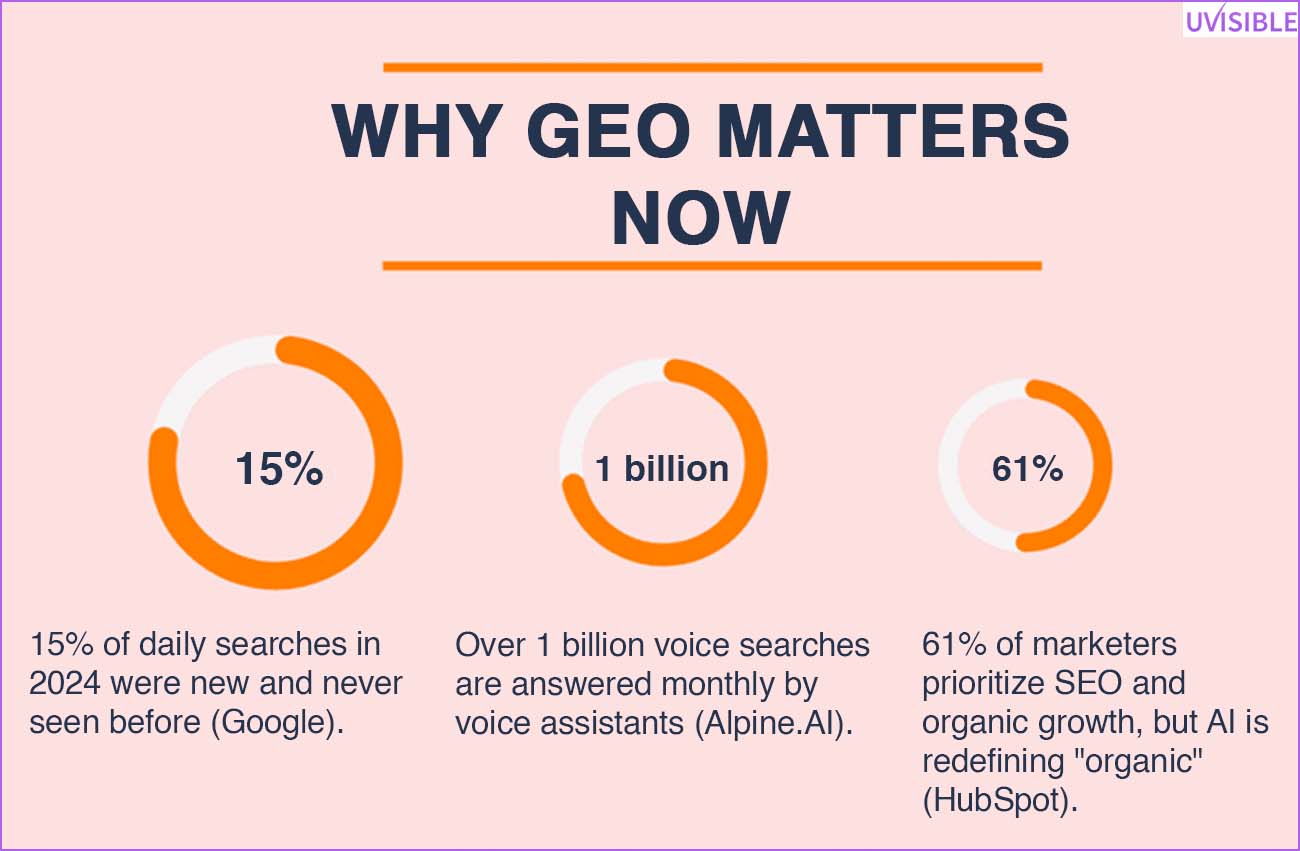
Big Shifts You Can’t Ignore:
In 2024, Google reported that 15% of searches every day were something entirely new and had never been seen before.
According to Alpine.AI, voice-search assistants answer over 1 billion voice searches per month.
61% of marketers believe that improving SEO and growing organic presence is a top marketing priority; however, AI is redefining every meaning of “organic” (Source: HubSpot).
What sets AI-driven engines apart from normal search engines is that they don’t just show ten blue links; instead, they generate complete answers.
This leads to:
- Fewer clicks to competitors’ websites
- Users get everything they need without visiting a page with Zero-click searches
- More value to brand authority over exact keyword matches
Since AI search engine users are growing, if you do not create your visibility in AI conversations, you will remain invisible to these people.
Where GEO Fits Into the SEO Ecosystem

If you are confused about the impact of AI on SEO:
Let me be very clear, SEO isn’t going anywhere.
Google is the king of crawling, indexing, and ranking because people will never going to stop searching the traditional way for complex research, purchases, and learning.
GEO only sits on top of SEO, as an additional, AI-first discovery channel, nothing more.
SEO helps you be findable through links and searches.
GEO helps you be suggestible through AI conversations.
Understand from this Analogy:
If SEO is a roadmap to your business, GEO is the GPS that shows your business as a popular and best destination without the user even asking specifically.
Without SEO foundations like:
- Optimized site speed
- Keyword strategy
- Mobile-first design
- Technical accessibility
You won’t even exist in AI’s database.
GEO builds only when you’ve mastered SEO.
What Makes Content “GEO-Friendly”?
Many marketers still ask:
“How to do generative engine optimization?
Let me tell you,
1. Depth and Clarity Over Keyword Stuffing

AI search engines prioritize content that is factual, clear, and in-depth. Quality blogs with the least information and more keyword stuffing get ignored.
Let me ask you a question: if your blog isn’t capable of teaching a machine, how will it help humans?
2. Authority and Trust (E-E-A-T)

- Experience
- Expertise
- Authority
- Trustworthiness
These will always matter and possibly even more in AI indexing.
3. Structured and Semantic Content
- Use headings properly (H1, H2, H3)
- Write in Q&A formats
- Answer questions directly and early
4. Entity-Based Writing
AI is more into wider concepts and relationships than exact match keywords.
You should write more than phrases and cover everything around the topic to strengthen your visibility.
Tip of the day:
GEO-optimized blogs also work well with SEO AI Writing Tools to boost scale and consistency.
How to Optimize for Both SEO and GEO
Do not lack even in one of these, and use the following strategy to become a master of SEO and GEO:
Research Intelligently

Use Best SEO tools like Google Analytics, SEMrush, and more, and AI models such as ChatGPT, Gemini, and more to find trending queries.
Write for AI and Humans Simultaneously
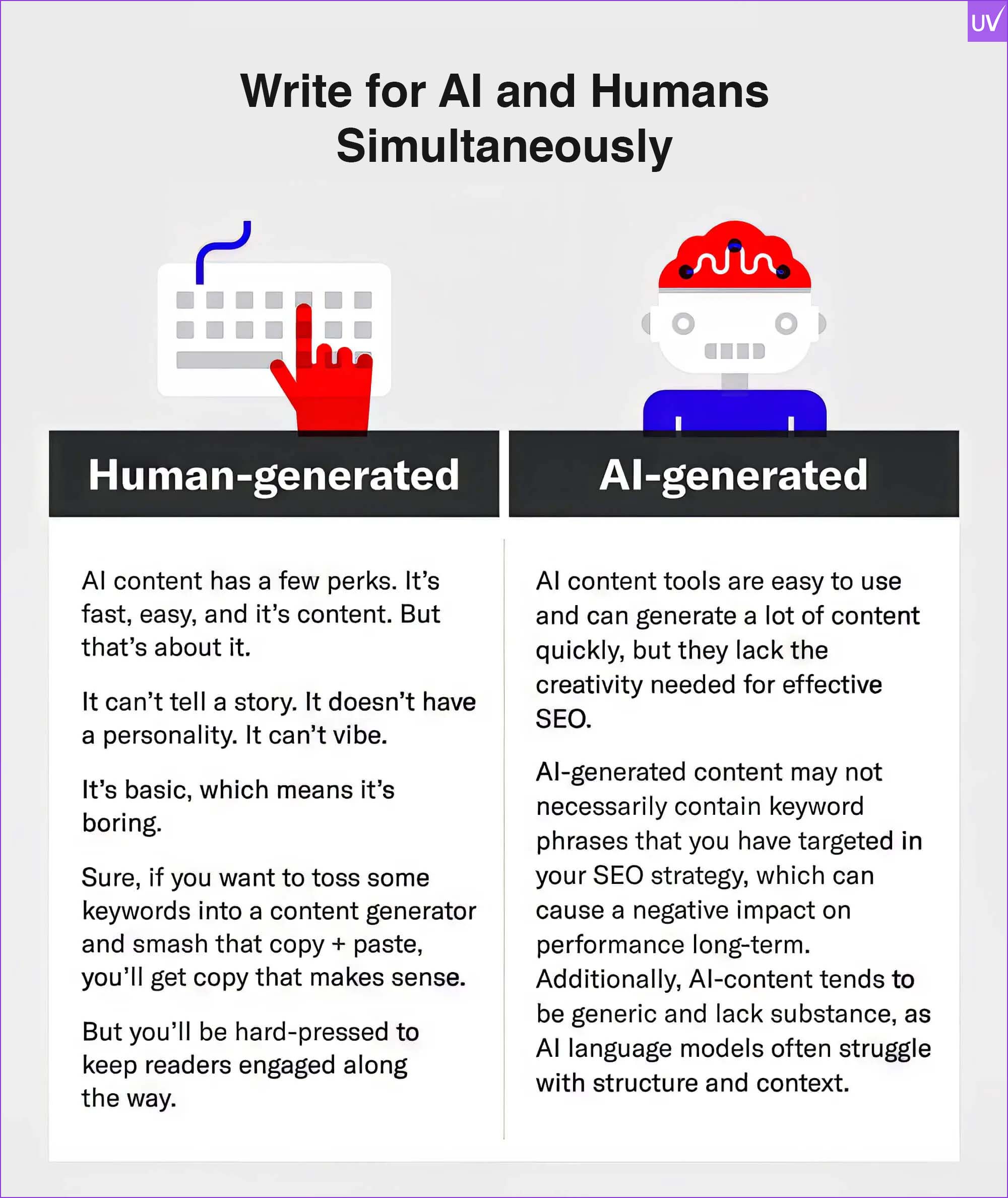
- Short paragraphs
- Clear headings
- Bullet points
- Fact-driven insights
- Build Topical Authority
Pick a topic and cover it end-to-end without missing any details.
Building a topical authority is not about writing a blog around a single keyword because it requires subject-matter expertise to get visibility through AI.
Upgrade Your Author Pages

Upgrading author pages with awards, expertise, and media accreditations can help boost trust in the eyes of both SEO and GEO.
Focus on Clarity, Not Clickbait
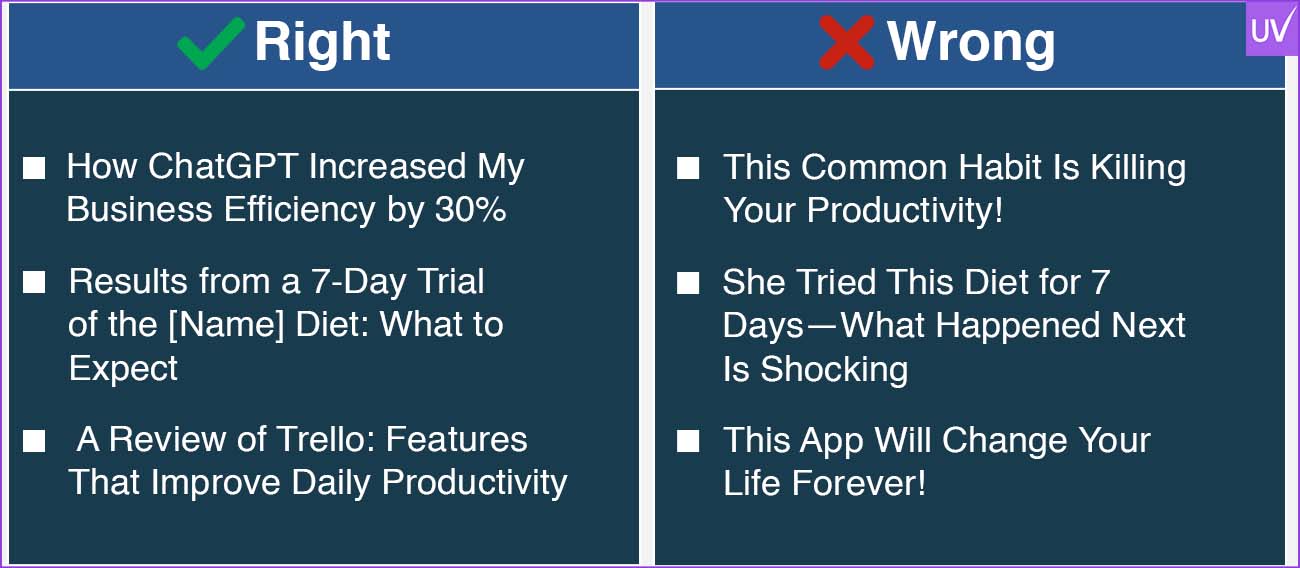
AI does not want clickbait because it removes exaggerated content. Stay factual, concise, and solution-oriented.
Looking to boost paid visibility too? Explore our guide on using ChatGPT for PPC.
- Technical Improvements That Boost GEO Visibility
- Schema Markup: (FAQPage, HowTo, Author)
- Fast, Accessible Sites: Core Web Vitals are essential
- Internal Linking: Strengthens content relationships
- Alt Text & Captions: Important for AI multimodal training models
Technical SEO is the core of it all, whether it is GEO or SEO, because, without it, you won’t even get indexed into the datasets that AIs use to generate content.
Common Misconceptions About GEO
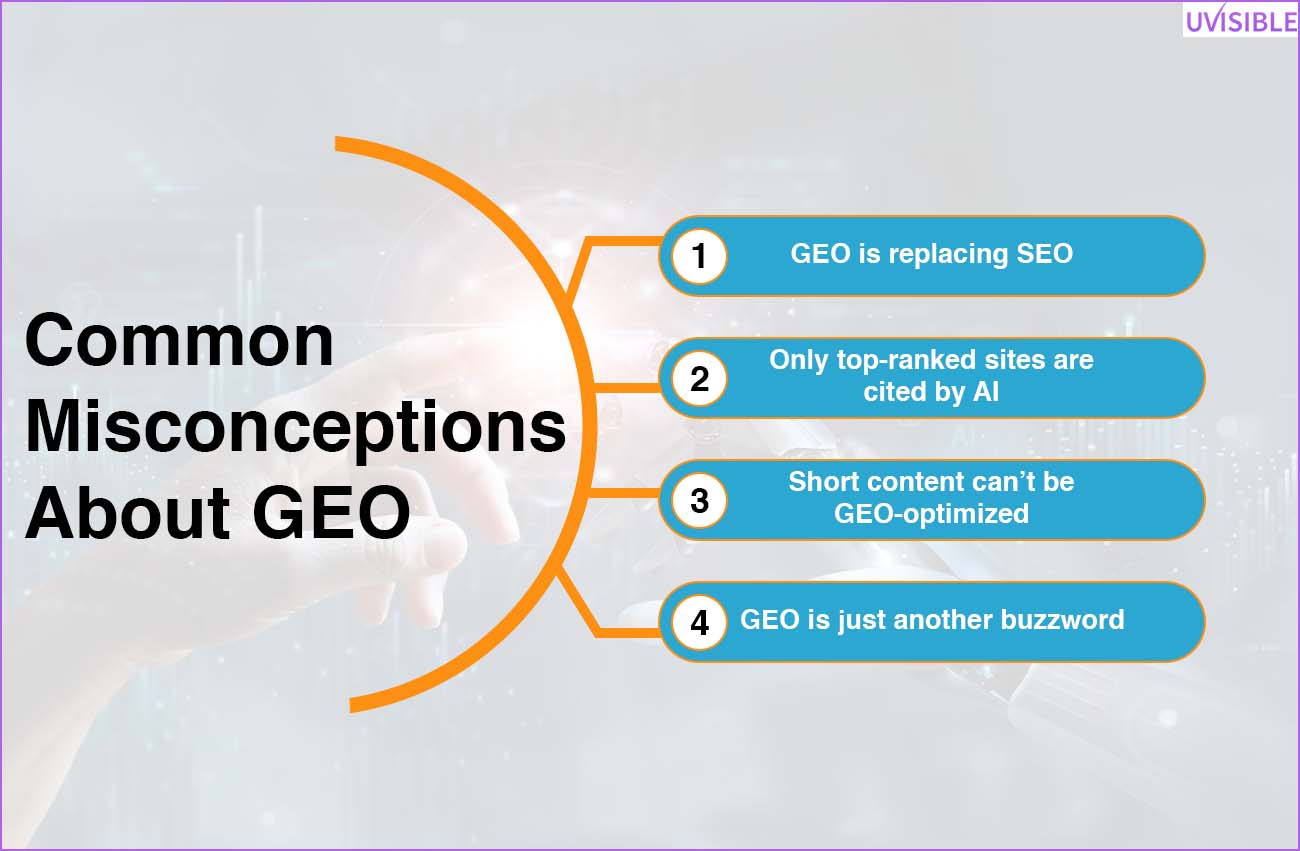
Myth 1: GEO is replacing SEO.
Truth: SEO builds the foundation; GEO helps you get found.
Myth 2: Only top-ranked sites are cited by AI.
Truth: When it comes to GEO, authority and depth often win over ranks.
Myth 3: Short content can’t be GEO-optimized.
Short, concise, and factual answers are often preferred by AI.
Myth 4:GEO is just another buzzword.
Truth: AI-driven answers are already answering millions of searches today.
Measuring GEO Success (and It’s Different from SEO)
SEO = rankings, organic traffic, CTRs.
GEO =
- AI citations (appearing as sources in AI results)
- Brand mentions in AI answers
- User behavior (engagement, retention)
- Zero-click impact (queries that might not lead to clicks but still build authority)
Best generative engine optimization tools:
Here are the best generative engine optimization tools that help to improve visibility towards AI platforms like ChatGPT, Google Overviews, and others.
Perplexity Labs: See what type of content gets cited
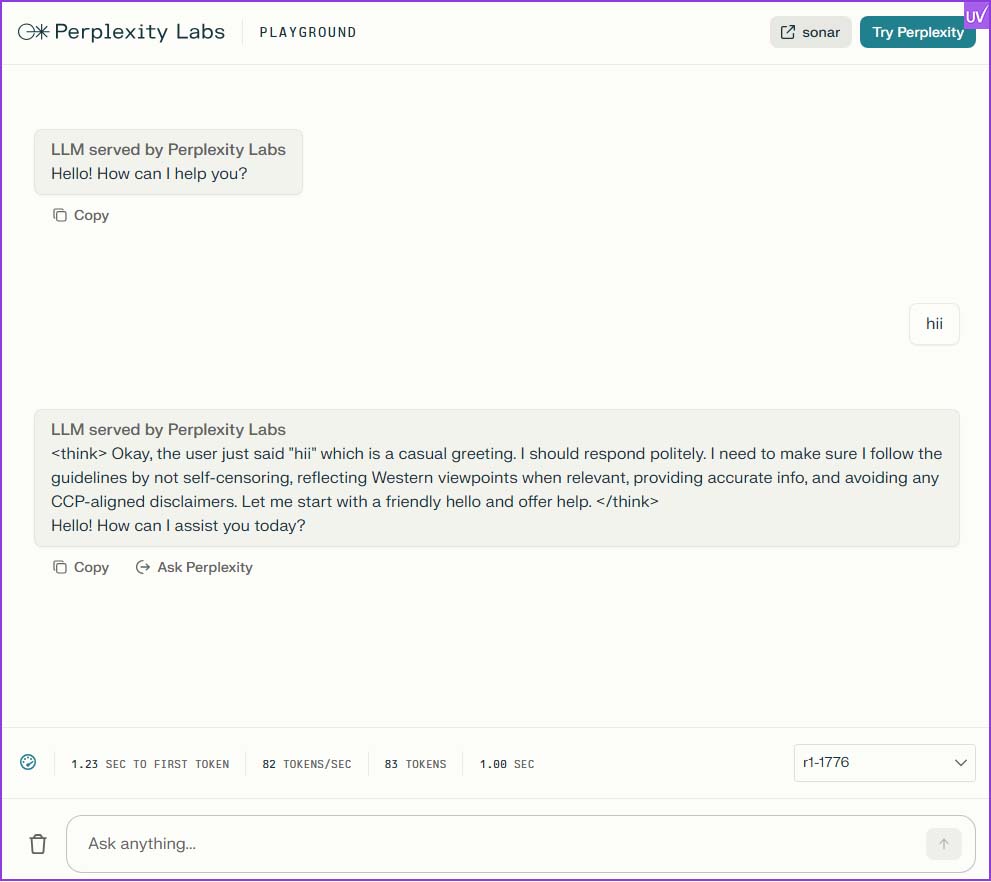
AI Monitor: Real-time brand sentiment analysis and competitive intelligence.
Manual Prompt Testing: Ask AI engines questions and note references

Looking Ahead: The Future of GEO in an AI-First Search World
AI models will become even more personalized using voice, chat, and zero-click searches.
Search results will feel like having a conversation with a smart assistant, not typing into a box.
SEO will grow to optimize not just for search engines, but for AI databases.
Imagine a world where:
- You don’t have to wait for someone to click to spread your brand’s information, as it becomes the default answer.
- Tailored AI pulls data from trusted mini-ecosystems, and you need to be part of that.
- The brands that start implementing now for generative engine optimization strategies will own the future of organic influence.
Conclusion
SEO helps you get higher ranks, whereas GEO helps your brand become the answer.
The future is about earning AI trust using factual, helpful, structured, and human-centered content.
This is where partnering with the right SEO company can make a difference—one that understands both traditional SEO and the evolving landscape of Generative Engine Optimization.
So, analyze your content once and ask whether an AI engine will ever choose your content as an answer over your competitors?
- Start by reviewing your content against the requirements of GEO.
- Stay updated on solid SEO fundamentals.
- Think not just about clicks, but about being cited.
Would you like to get started with GEO? Work with professionals who know the synergy of GEO vs SEO, not as a competition but a combination.
Uvisible, an expert SEO and now GEO company, is dedicated to helping businesses like yours think futuristic by enhancing SEO with GEO best practices. If you’re serious about growth in an AI-first internet, we are a partner worth exploring.
About us and this blog
We are a digital marketing company with a focus on helping our customers achieve great results across several key areas.
Request a free quote
We offer professional SEO services that help websites increase their organic search score drastically in order to compete for the highest rankings even when it comes to highly competitive keywords.
Subscribe to our newsletter!
More from our blog
See all postsRecent Posts
- How to Market a Roofing Company Online: Digital Marketing, PPC & Social Media for Roofers January 24, 2026
- How to Market Your Cannabis Business Online January 23, 2026
- Why Is Local SEO Crucial for Cannabis & Dispensaries? January 21, 2026



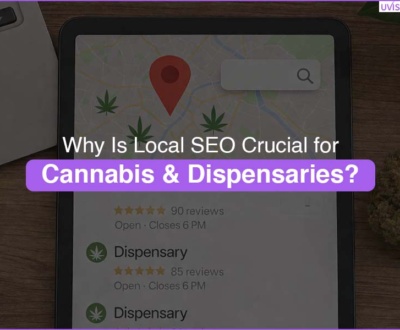



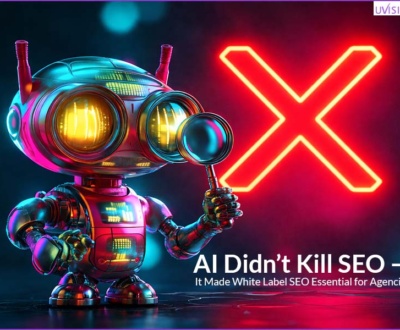

Pingback: AI-Written Content vs Google’s Search Standards
Pingback: Digital Marketing Trends 2024: Don't Miss Out - Uvisible